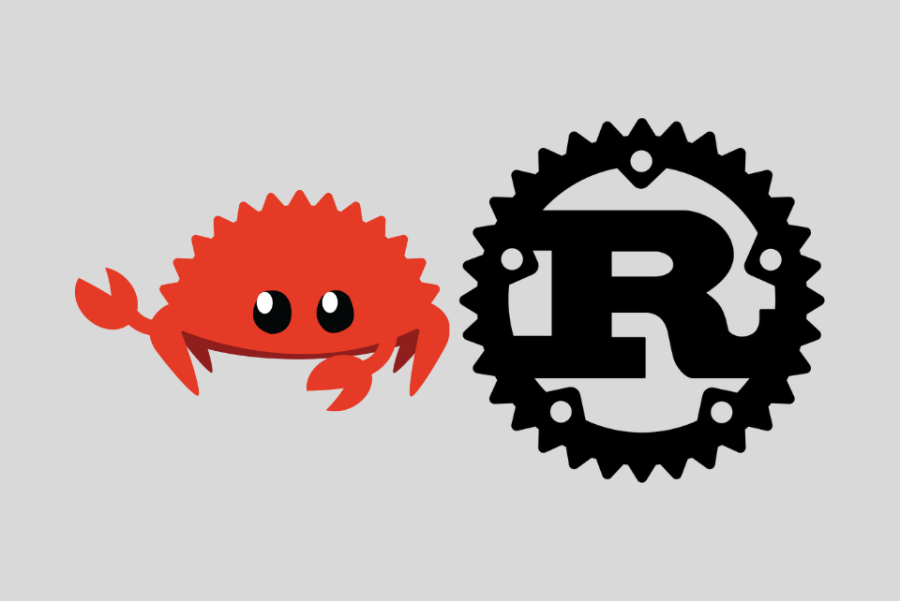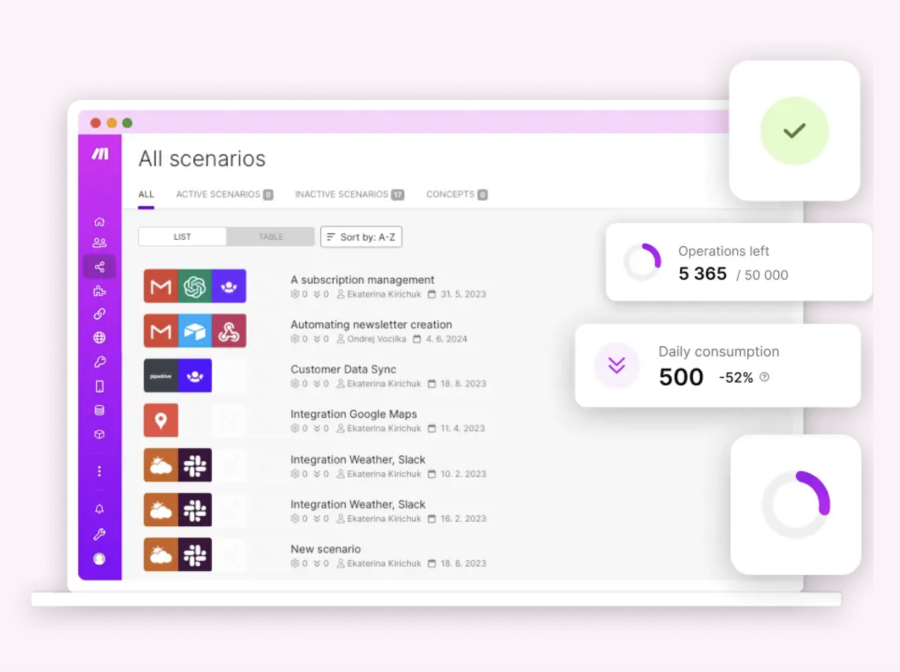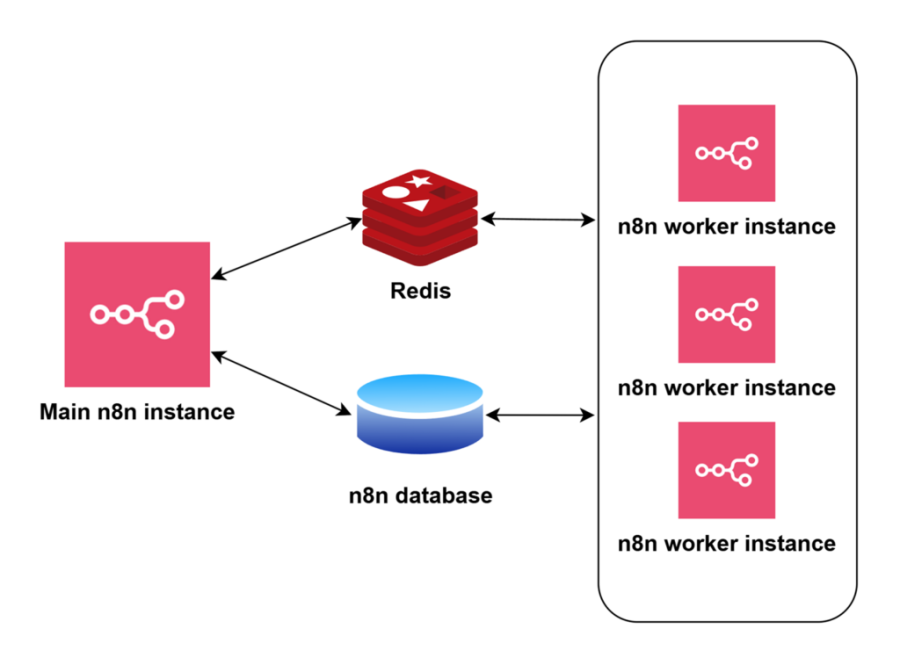Rust: The Future of Systems Programming
Rust: The Future of Systems Programming
Rust has quickly become one of the most talked-about programming languages in the tech world. Known for its safety, speed, and concurrency, Rust is the go-to language for developers who need reliable performance without compromising security. In this article, we’ll explore why Rust has gained so much traction, its core features, and its applications in the modern software landscape.
What is Rust?
Rust is a systems programming language that was initially developed by Mozilla Research and released in 2010. Its primary goal is to provide memory safety and thread safety while maintaining high performance. Rust achieves this through a unique ownership model that eliminates many common programming errors, such as null pointer dereferencing and data races.
Key Features of Rust
1. Memory Safety Without Garbage Collection
Rust uses an innovative ownership model to manage memory, which ensures that resources are allocated and deallocated efficiently. Unlike other languages like Java or Python, Rust doesn’t rely on garbage collection. Instead, it uses compile-time checks to enforce safe memory usage.
2. High Performance
Rust’s performance is comparable to C and C++, making it ideal for applications where speed is critical. Its zero-cost abstractions ensure that you can write expressive code without sacrificing runtime efficiency.
3. Concurrency Without Data Races
Concurrency is a challenge in many programming languages, but Rust simplifies it with its ownership model. The language guarantees thread safety, making it easier to write concurrent code without fear of data races.
4. Rich Ecosystem and Tooling
Rust’s ecosystem is growing rapidly. Tools like Cargo, its package manager and build system, make it easy to manage dependencies and build projects. The language also boasts an active and supportive community.
5. Expressive Syntax and Strong Typing
Rust’s syntax is designed to be both expressive and easy to read. Its strong typing system helps catch errors at compile time, reducing bugs and improving code reliability.
Why Choose Rust?
1. Security and Reliability
Rust’s focus on memory safety makes it an excellent choice for security-critical applications. Industries like finance, healthcare, and aerospace can benefit from its robust safety guarantees.
2. Scalability
Whether you’re building a small application or a large-scale system, Rust can handle the complexity. Its performance and safety features make it suitable for projects that need to scale.
3. Modern Development Practices
Rust encourages modern programming practices like immutability, pattern matching, and modular design. These practices lead to cleaner, more maintainable codebases.
Applications of Rust
1. Systems Programming
Rust excels in low-level programming tasks like operating systems, file systems, and embedded systems. Projects like Redox OS and Tock OS are prime examples of Rust’s capabilities.
2. Web Development
Frameworks like Rocket and Actix have made Rust a viable option for web development. Its speed and safety make it a compelling choice for backend services.
3. Game Development
Rust is gaining traction in game development due to its performance and safety. Game engines like Bevy are built with Rust, offering developers a modern toolset for game creation.
4. Blockchain and Cryptography
The blockchain industry has embraced Rust for its security and efficiency. Projects like Polkadot and Solana rely on Rust for their core development.
5. Command-Line Tools
Rust is often used to create fast, reliable command-line tools. Tools like ripgrep and exa are great examples of how Rust simplifies building utilities.
Rust in Action: Real-World Use Cases
1. Firefox
Rust was initially developed to improve the performance and safety of Mozilla’s Firefox browser. Components like Servo, a browser engine, are written in Rust.
2. Dropbox
Dropbox uses Rust for performance-critical components, ensuring fast and reliable data synchronization.
3. Cloudflare
Cloudflare employs Rust for high-performance, low-latency networking applications, such as their HTTP proxy.
Learning Rust
1. Official Documentation
Rust’s official documentation is comprehensive and beginner-friendly, making it an excellent starting point for new developers.
2. Community and Forums
The Rust community is one of the most welcoming in the tech world. Forums like Rust Users and platforms like Reddit are great places to ask questions and share knowledge.
3. Open Source Contributions
Getting involved in open-source Rust projects is a great way to learn the language while contributing to real-world applications.
The Future of Rust
Rust is poised to become a cornerstone of modern software development. Its unique blend of safety, performance, and developer-friendly features make it an excellent choice for a wide range of applications. As more companies adopt Rust for their critical systems, its influence will only continue to grow.
Conclusion
Rust isn’t just a programming language; it’s a paradigm shift in how we think about building reliable and efficient software. Whether you’re a seasoned developer or just starting, Rust offers a compelling toolkit for tackling today’s programming challenges.
Are you ready to harness the power of Rust? Start building with confidence today!















